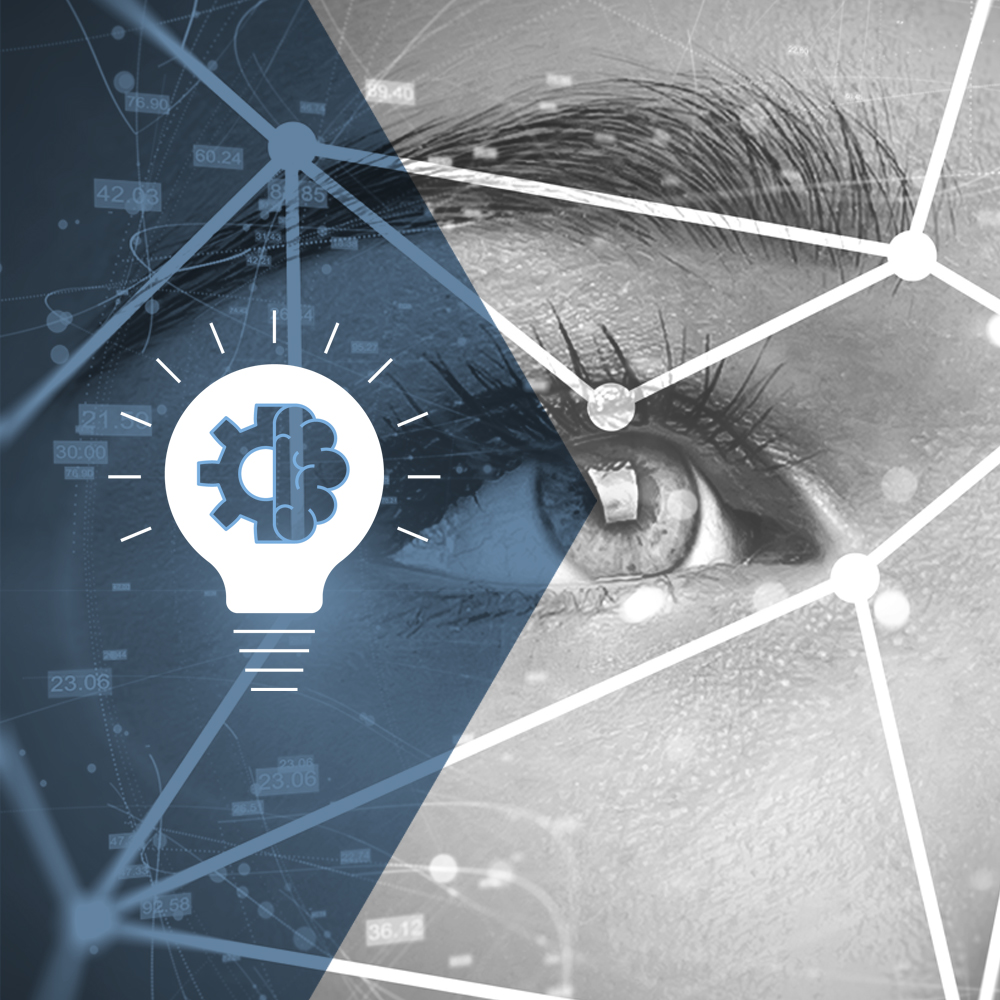Description
AI is transforming the practice of medicine. It’s helping doctors diagnose patients more accurately, make predictions about patients’ future health, and recommend better treatments. As an AI practitioner, you have the opportunity to join in this transformation of modern medicine. If you’re already familiar with some of the math and coding behind AI algorithms, and are eager to develop your skills further to tackle challenges in the healthcare industry, then this specialization is for you. No prior medical expertise is required!
This program will give you practical experience in applying cutting-edge machine learning techniques to concrete problems in modern medicine:
- In Course 1, you will create convolutional neural networks image classification and segmentation models to make diagnoses of lung and brain disorders.
- In Course 2, you will build risk models and survival estimators for heart disease using statistical methods and a random forest predictor to determine patient prognosis.
- In Course 3, you will build a treatment effect predictor, apply model interpretation techniques and use natural language processing to extract information from radiology reports.
These courses go beyond the foundations of deep learning to give you insight into the nuances of applying AI to medical use cases. As a learner, you will be set up for success in this program if you are already comfortable with some of the math and coding behind AI algorithms. You don’t need to be an AI expert, but a working knowledge of deep neural networks, particularly convolutional networks, and proficiency in Python programming at an intermediate level will be essential. If you are relatively new to machine learning or neural networks, we recommend that you first take the Deep Learning Specialization, offered by deeplearning.ai and taught by Andrew Ng.
The demand for AI practitioners with the skills and knowledge to tackle the biggest issues in modern medicine is growing exponentially. Join us in this specialization and begin your journey toward building the future of healthcare.












